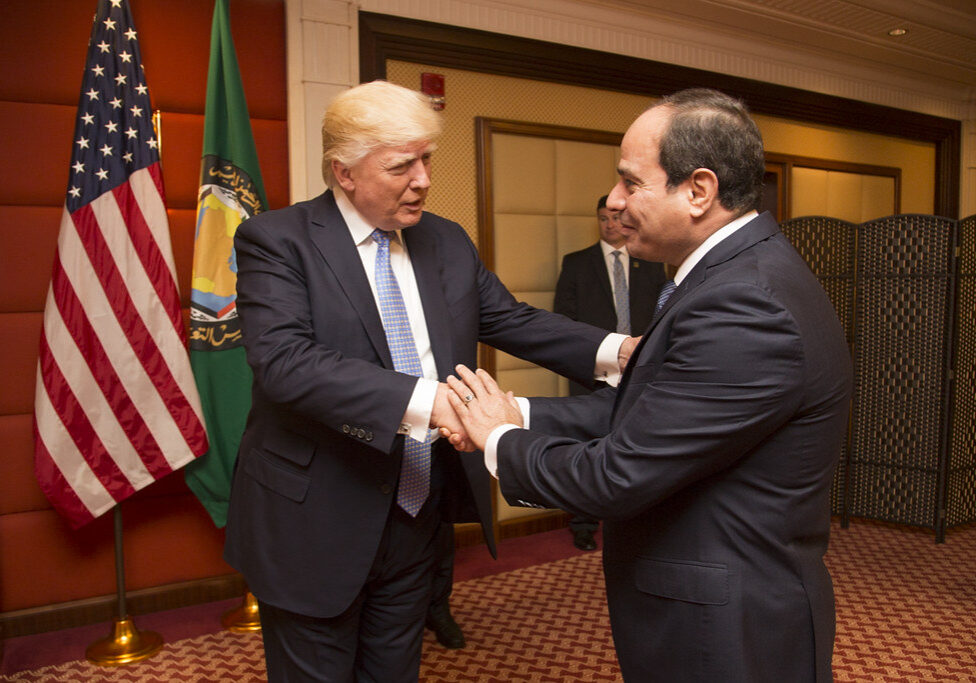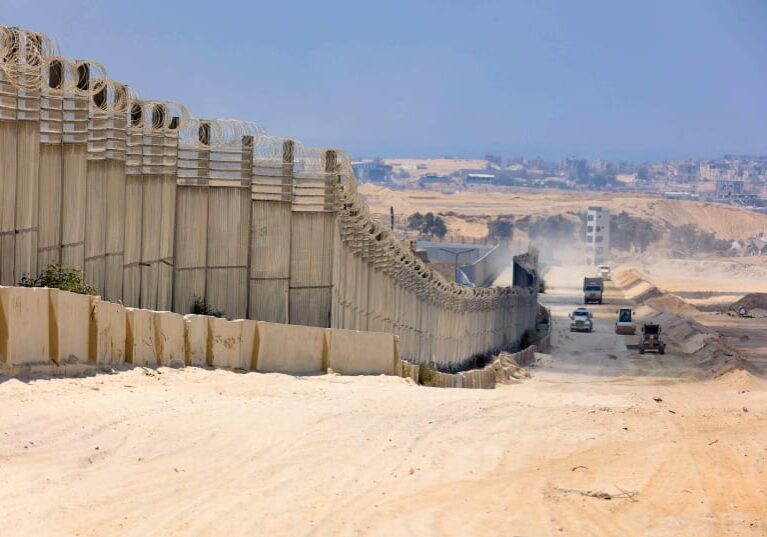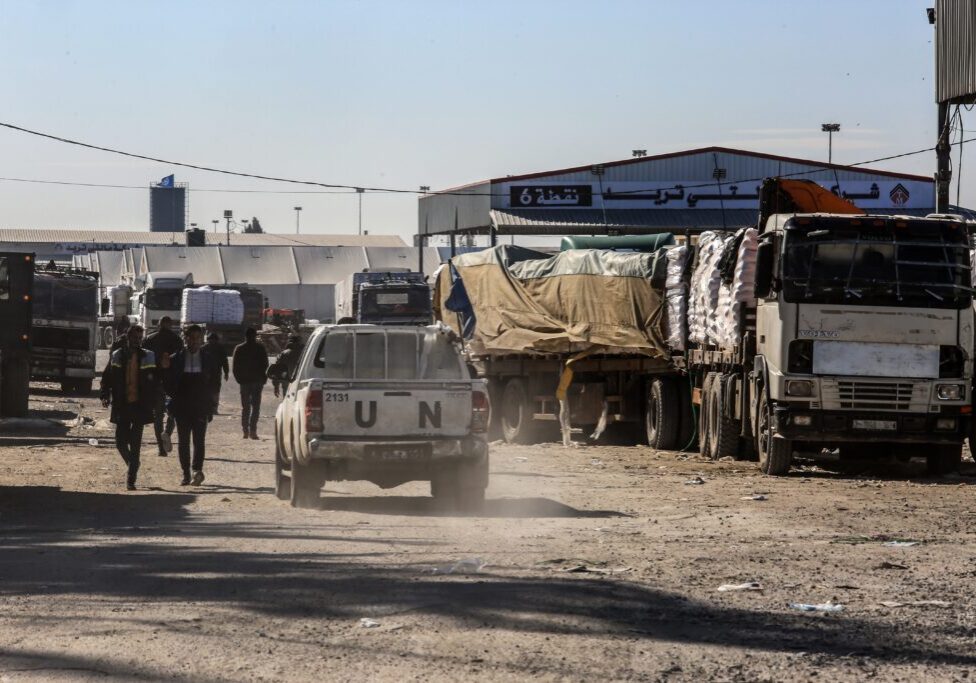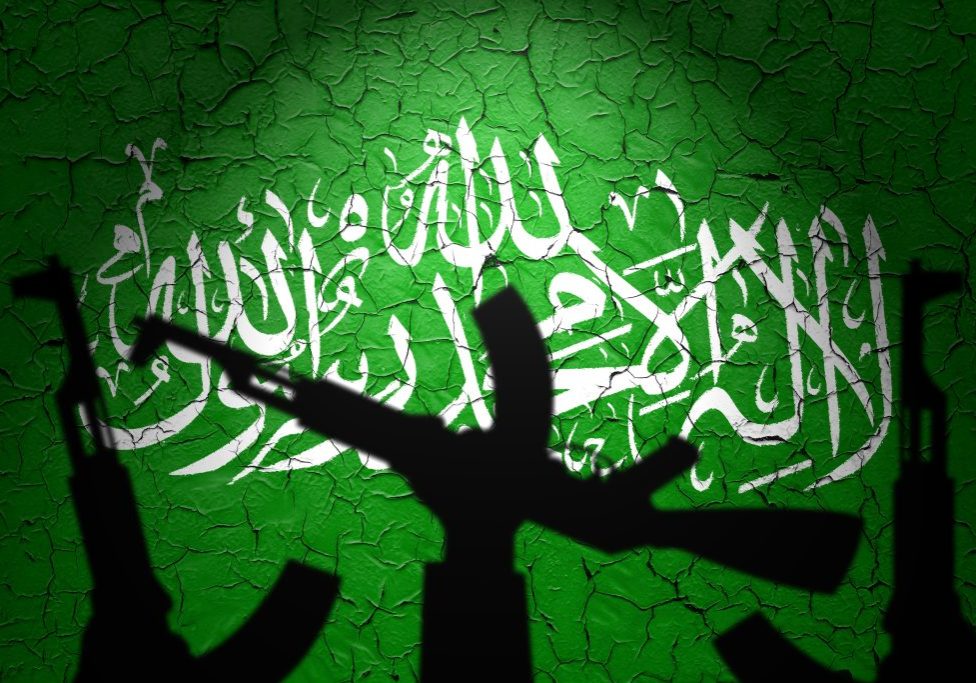Australia/Israel Review
Back to the Future
Jul 30, 2013 | Jacques Neriah
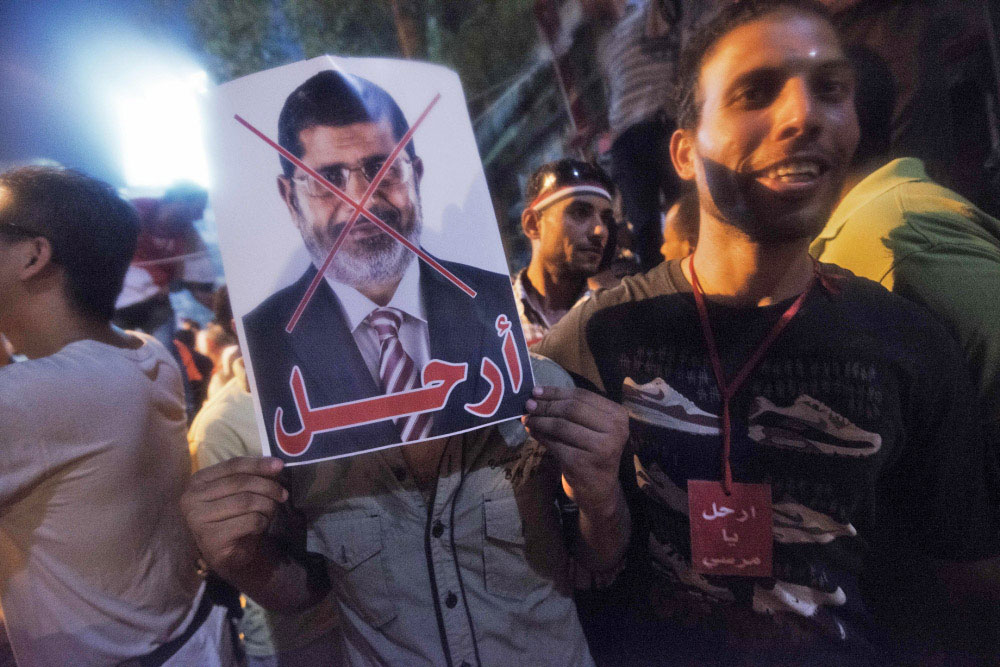
Egypt after Morsi
Jacques Neriah
In Egypt on July 3, 2013, for the first time in the modern history of the Middle East, an Islamocracy was ousted from power. The Muslim Brotherhood’s 80-year dream to take over Egypt ended in a fiasco, barely one year after one of its own was democratically elected to the office of President of Egypt. The army, which had been severely beaten a year ago by the same failing president, made its comeback after having warned all year that it would intervene if “Egypt was about to fall into an abyss.”
Since this counter-revolution, Egypt is being governed by a coalition of so-called liberals who opposed the Muslim Brotherhood, backed by the army and the defence establishment. Still, it is a divided, destabilised Egypt that might be on the brink of civil strife due to the violent opposition of the Brotherhood, which refuses to accept its political defeat.
What are the main lessons to be drawn from the Egyptian case, and what are some possible future scenarios?
The Defeat of Political Islam
Many analysts who follow Egyptian politics have repeatedly stated that the Muslim Brotherhood, a very well-organised political faction that hijacked the revolution in Egypt, would be dominant for years to come due to the weakness of the opposition and liberal forces. To strengthen their argument, these analysts pointed at the Brotherhood’s strong organisation, resolve, and political acumen. Moreover, President Morsi’s firing of the top brass of the Egyptian army in August 2012, following an attack by jihadists in Sinai who killed 16 Egyptian soldiers, and the eclipse of the Supreme Council of the Armed Forces (SCAF) which had ruled de facto since the resignation of President Mubarak, convinced many that the old concept of Egypt being a military society ruled by a junta of officers belonged to the past. It was believed that the army had lost its resolve to fight the Muslim Brotherhood as long as its interests – mainly economic – were protected.
Events proved this analysis wrong: The Muslim Brotherhood lost its power because it did not correctly assess the opposition, because it was eager to dominate all key positions in the state, and because it did not foresee the possible coalition between the liberals and the army. The Brotherhood’s loss is definitely a gain for those struggling against jihadist and Brotherhood-inspired groups in the Arab world, sending a message that political Islam can be subdued by moderate and liberal forces.
Underestimating the Liberal Current in the Anti-Muslim Brotherhood Movement
There is a misconception about Egyptian domestic reality that is anchored in superficial knowledge of the forces within the Egyptian body politic. Since there is no real way to take the pulse of the “street”, most information, including polls on domestic opinion in Egypt, comes from biased sources that do not reflect the situation on the ground. As a result, many analysts fell into the trap of the Brotherhood’s propaganda and underestimated the strength of the opposition. They concluded that there was no way the opposition could overcome the Brotherhood’s apparatus. In fact, a look at the results of the presidential elections indicates that 49% of the voters opposed the Muslim Brotherhood. Some even claimed that Morsi lost the elections, and that SCAF, manipulated by the US, conceded victory to Morsi in order to avoid bloodshed. In any case, since the beginning of his presidency, one could see that the Brotherhood’s efforts to change Egypt into an Islamocracy were met by opposition that became more vociferous and emboldened by the day.
Years of Mubarak’s dictatorship were not to be replaced by a Muslim Brotherhood dictatorship. Unwillingly, Morsi had to call on the army to restore law and order, and as events unfolded, especially after January 2013 when cities along the Suez Canal declared a revolt and announced their autonomy, Morsi became more dependent on the same army he had wanted to confine to the barracks. It was Morsi’s mistakes that brought the army and liberal forces together, a development he could not have foreseen.
When Morsi realised that the army had sided completely with the opposition, he tried a last-minute manoeuvre to replace the Defence Minister and Commander of the Egyptian Army, General Abdul Fattah al-Sisi. But Gen. Sisi had taken the initiative first, and instead of being sacked like his predecessor, Field Marshall Tantawi, he was the one who announced to Morsi that he was no longer president. This reflected the Brotherhood’s shortcomings in their political analysis of the domestic reality in Egypt.
Vulnerability of Regimes Facing Mass Protest
Events in Egypt have illustrated once more the strength of mass protests. Most of the regimes in the region cannot withstand the shock of mass protests, and the use of live ammunition against such protests can only worsen the situation. Both in Egypt and Tunisia, regimes fell because of mass protest, and because the army chose not to take part in the protest and open fire. The situation in Egypt that brought the end of Morsi’s presidency was an unwritten alliance between the army and the mass protest movement. In such an eventuality, the regime stand no chance to survive. Again, the role of the army in politics is primary: It has always been the main factor that will maintain regimes in the Middle East, and it will remain so in the near future.
The Questionable US Role
No doubt the US is a big loser in Egypt, together with its newly acquired friends in the Muslim Brotherhood. Many in the Arab world raised an eyebrow when President Obama pushed President Mubarak to resign. Many more could not understand the shift in American thinking toward a pro-Muslim Brotherhood policy. The US, which was championing democracy in the Middle East (and elsewhere), accepted a policy led by Morsi that was diametrically opposed to its own creed.
Moreover, US Ambassador to Egypt Anne Patterson made it very clear a few weeks before the July events that she did not believe in any viable alternative to the Morsi regime. It seems that at a certain point, facing the crumbling of regimes following what romantics called “the Arab Spring,” the US assessment was that it should side with moderate Islamist forces in the region in order to maintain a presence, to protect US interests, and to preserve the peace treaty between Israel and Egypt.
This policy was not welcomed in the Arab Gulf states and Saudi Arabia (except Qatar), which did not see eye to eye with the Morsi regime. In Egypt, it led to mistrust and very quickly transformed into open animosity toward former US Secretary of State Hillary Clinton and Ambassador Patterson. In fact, besides Israel, over the past two years the US has become the most hated foreign entity in Egypt.
Now the US has to go back to the drawing board in order to redesign its policy in the Middle East. The events have proven that old axioms are not time-resistant and one should adapt to new realities.
Has Israel a Role to Play?
It is commonly said in Egypt that Israel was an active partner of the Morsi regime. However, Israel came to terms with Morsi in order to restrain Hamas in Gaza, and was rewarded by the fact that Morsi’s Egypt (unlike his predecessor) accepted responsibility for Hamas.
Moreover, Israel allowed the Egyptian army to deploy in Sinai, in violation of the terms and agreements governing the deployment of the Egyptian army under the peace treaty, in order to combat jihadists in Sinai. According to some sources, intelligence relations between the two countries were never as positive as they were in the Morsi era.
What transpired in Egypt did not take Israel by surprise. Nor did Israel ignore Egyptian resentment against it. From its actions one can assess that Israel is interested first and foremost in maintaining the status quo relating to the peace treaty, and to contain, if not eradicate, the jihadi presence in Sinai. Having the Egyptian army at the helm today makes it easier for Israel to deal with Egypt. However, the situation remains explosive: a return by Hamas to a policy of armed confrontation with Israel, and/or a terrorist action conducted from Sinai against Israeli targets inside sovereign Israeli territory, could re-ignite a crisis situation between Israel and Egypt.
Possible Scenarios
Basically there are four possible scenarios that could unfold in the coming days/weeks:
1. The events will be the start of a liberal democracy, more or less in line with what occurred in the Wafd era in the 1920s and ’30s. The chances that this scenario will materialise are almost nil. This would require the Muslim Brotherhood to accept its defeat and participate again in the political process, which will probably not happen. It assumes also that the army will quickly retreat to its barracks. Judging from the timetable of the “road map” presented by the new leadership, this option seems problematic, especially in an atmosphere full of violence.
2. The second scenario for Egypt is a harsh crackdown on the Muslim Brotherhood and Salafis by the military, followed by a bloody civil war. This could mean a return to the days of Nasser, when thousands of Muslim Brothers were jailed and their leaders hanged.
3. In a third scenario, events could quickly turn sour. The army could lose the street’s sympathy following widespread abuse of human rights. A forced return to the barracks could leave Egypt in chaos. Maintaining power could mean more abuse of human rights.
4. A military takeover – This last scenario could become realistic if the domestic scene does not stabilise. The military might be tempted to declare itself the ultimate ruler, a throwback to the times of the young officers who toppled the monarchy in 1952.
To sum up, Egypt will be facing an immense challenge domestically, which means that most of the leadership’s energy will be focused on dealing with domestic politics. This could create a vacuum of power in Sinai, allowing the jihadists to expand their attacks against both Egyptian and Israeli targets. Hamas might be tempted by a return to arms, but unlike the past, its mentor and sponsor will be absent. Facing those developments, Israel will have to manoeuvre by allowing Egypt greater freedom of movement in Sinai in order to preserve the peace treaty.
Col. (ret.) Dr. Jacques Neriah, a special analyst for the Middle East at the Jerusalem Centre for Public Affairs, was formerly Foreign Policy Adviser to Prime Minister Yitzhak Rabin and Deputy Head for Assessment of Israeli Military Intelligence. © Jerusalem Centre for Public Affairs, reprinted by permission, all rights reserved.
Tags: Egypt

